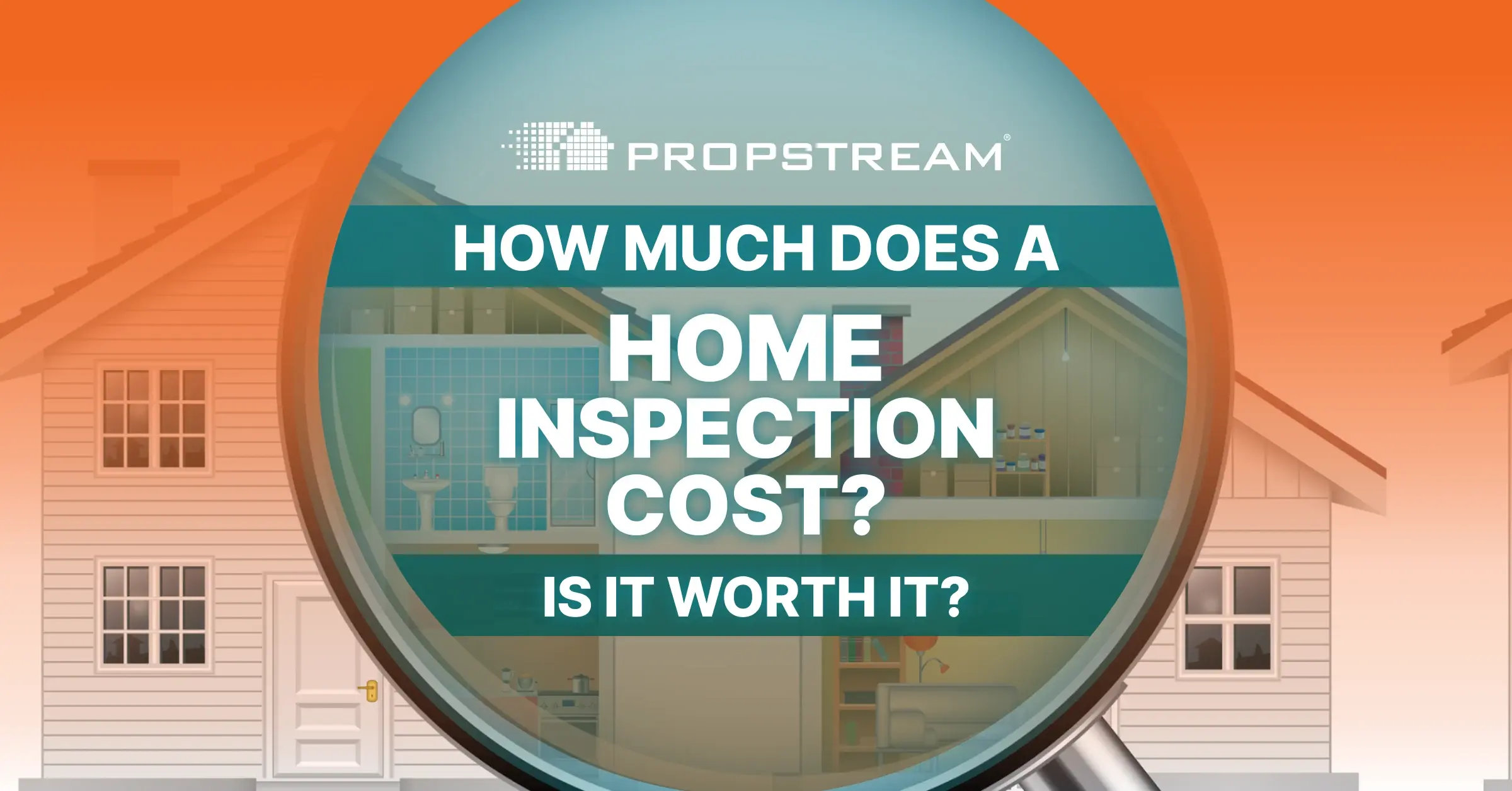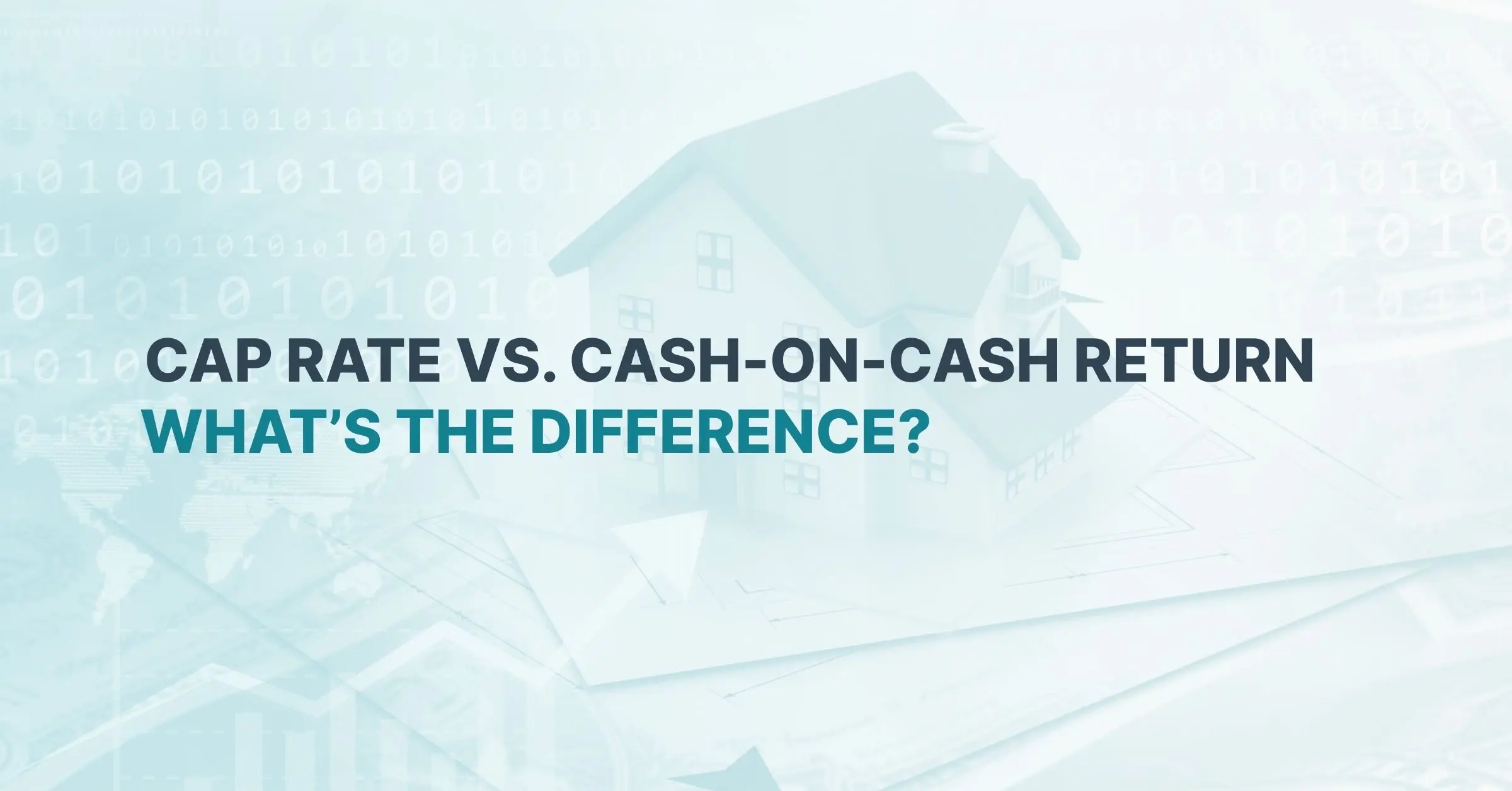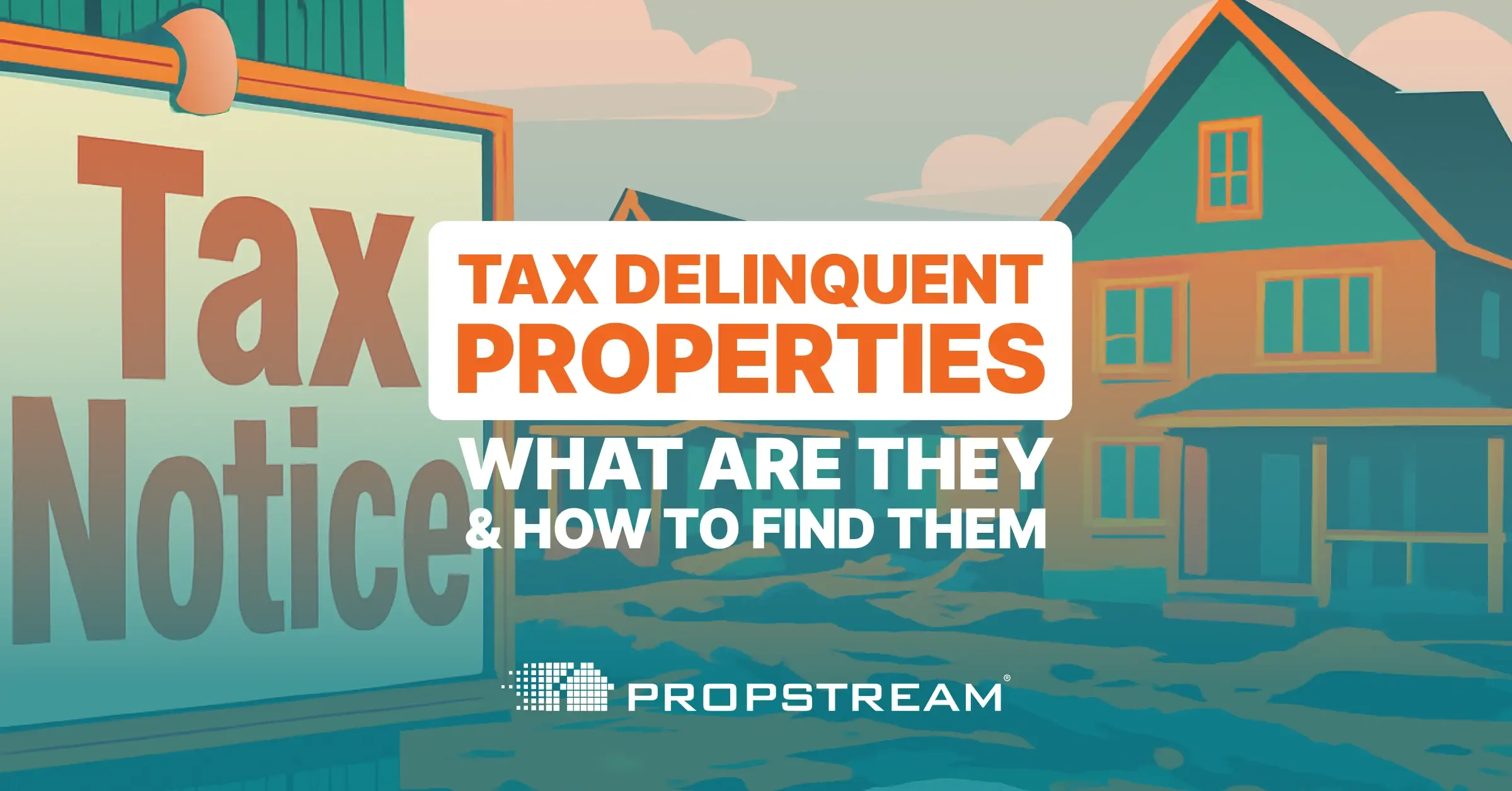Important note: PropStream does not offer financial advice. This article is for educational purposes only. Please consult a financial professional for further assistance.
Real estate investing can get a lot of hype or negativity depending on who you talk to. Some promote it as the best way to build wealth, while others share horror stories about how it led to their financial ruin. Consequently, knowing what to believe about the industry can be hard. To help you make more informed investing decisions, here are seven common real estate investing myths and why they’re wrong:
Table of Contents:
- Real Estate Investing Is a Fast and Easy Way to Get Rich
- Being a Landlord Is Hard Work
- You Need to be Wealthy to Invest in Real Estate
- Investing in Real Estate Is Extremely Risky
- Timing Is Everything
- You Should Only Invest in Your Backyard
- Now Is a Bad Time to Get in the Market
1. Real Estate Investing Is a Fast and Easy Way to Get Rich
The internet is full of people peddling get-rich-quick schemes. Unfortunately, many of these self-proclaimed “gurus” promote real estate investing as one way to make money fast. Popular house-flipping TV shows may leave you with the same impression.
However, real estate investing isn’t a short-term game. It takes time. That’s why it’s important to go into it with a long-term mindset.
Real estate investing isn’t always easy either. Though some TikTok influencers suggest that calculating returns is as simple as subtracting your monthly mortgage payment from your rental income, there are other factors to consider, such as property taxes, maintenance costs, unexpected repairs, homeowners insurance, vacancies, and more.
Additionally, if you buy a distressed property or plan to flip one, you must account for the time and money it takes to renovate. Renovations can cost anywhere from $10 to $275 per square foot depending on how extensive they are. This doesn’t mean you can’t turn a profit. It just means you need to do your due diligence.
Can you make a lot of money by investing in real estate? Definitely. Just not overnight.
2. Being a Landlord Is Hard Work
On the flip side of those who say real estate investing is easy are those who say it’s too hard. You may have heard stories from landlords about nightmare tenants who refuse to pay rent or trash their property. You may think being a landlord is a stressful and time-consuming job. But it doesn’t have to be.
To avoid the potential headaches of owning rental property, you can outsource work to contractors and/or a property manager. They can handle many of the day-to-day tasks that aren’t within your domain of expertise or worth your time. That way, you can focus on higher-level business decisions, such as where to invest next.
It’s also worth noting that you can invest in real estate passively with options like real estate investment trusts (REITs) and crowdfunded real estate platforms. They handle all the hands-on work for you (for a fee) to make investing as hands-free as possible.
3. You Need to be Wealthy to Invest in Real Estate
Another common real estate investing myth is that it requires a lot of money. Given the average sales price of houses sold in the U.S. in Q1 of 2023 was $516,500, it’s natural to think this. A traditional 20% down payment on a $516,500 house would be $103,300!
However, you don’t need to make a massive down payment to get started in real estate. There are many creative ways to secure financing that require little to no money. For example, you could explore seller financing options with low down payment requirements or partner with another investor who will put up the money.

You can also try house hacking. This refers to renting out a part of your primary residence, whether that be an accessory dwelling unit (ADU) or another unit (or units) in your duplex, triplex, or fourplex. If you don’t yet own a home, you can buy one with the intent of house hacking and still get a consumer mortgage (as opposed to a commercial mortgage). In fact, as long as the property has fewer than five units and you plan to live in one of them, you may qualify for a down payment of as little as 3.5% via an FHA loan. This makes real estate investing much more accessible.
Lastly, instead of buying an entire property, you can also buy fractions of property (again via REITs and crowdfunded real estate)—sometimes for as little as a few dollars.
4. Investing in Real Estate Is Extremely Risky
Anyone who has lost money in real estate may tell you that investing in it is risky. They may also point out that property is an illiquid asset (i.e., can’t easily be sold) and that it’s safer to invest in stocks or bonds instead. But just because some people aren’t successful investing in real estate doesn’t mean you won’t be. A lot comes down to how well you can assess and mitigate risks.
For example, many of those who lost money during the 2008 housing crisis were overleveraged (i.e., relied too much on debt to fund their investments). In contrast, those who kept more responsible balance sheets and held onto their investments eventually saw a positive return.
Though real estate values dip on occasion, they tend to go up over time. So the longer you hold onto an investment property, the less risk it entails.
5. Timing Is Everything
Some real estate investors try to time the market. Their goal is to maximize returns by buying when home values are low and selling when they’re high. But this is a weak strategy since nobody ever knows exactly when home values will go up or down. Consequently, it’s better to focus on finding deals that are good in the present.
For example, look for deals where rental income will exceed your monthly property expenses. Or find distressed properties that you can buy and fix for less than it would cost to buy an equivalent home (in good condition). Run the numbers to see which deals make sense now rather than relying on predictions about the future market.
Your best bet for positive returns is time in the market, not timing the market.
6. You Should Only Invest in Your Backyard
It’s natural to prefer investing in your local market. After all, it’s probably the market you know best, and you may want to stay close to your investment properties, especially if you plan to manage them yourself. However, as your real estate portfolio grows, sticking to your hometown may not be the best strategy. You may find better deals elsewhere.

For example, someone who lives in Pittsburgh, PA may get better returns by investing in Miami, FL, or Austin, TX. Similarly, someone in San Francisco, CA may benefit from investing in Denver, CO, or Salt Lake City, UT. No matter where you live, the chances that your local market has the best investment opportunities are slim.
Pro tip: Use PropStream to find over 155 million property deals across all 50 states.
7. Now Is a Bad Time to Get in the Market
With mortgage rates rising, home values still high, and a potential recession underway, some argue that now is a bad time to invest in real estate. Instead, you should wait for mortgage rates and home values to come down and for the economy to improve.
This is poor advice. Though you should always stay vigilant of economic conditions and trends, good real estate deals can be found in any market. The key is to know where to look and ensure you are in a good financial position to invest.
To take some of the guesswork out of real estate investing, try PropStream. It can help you find off-market deals, run comps, skip trace, generate lead lists, and much more. Sign up for our 7-day free trial today and get 50 leads on us!



